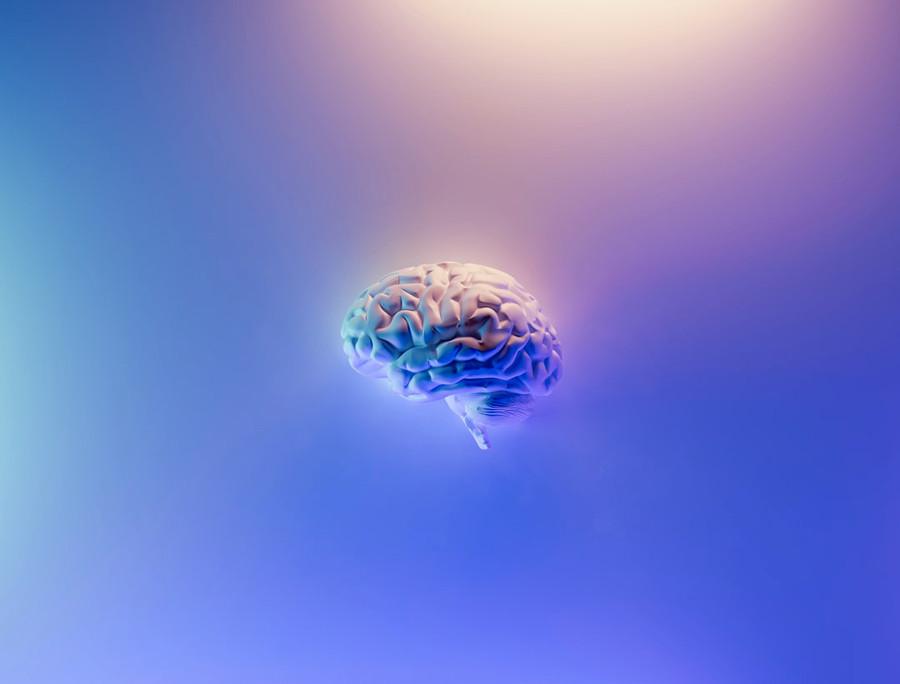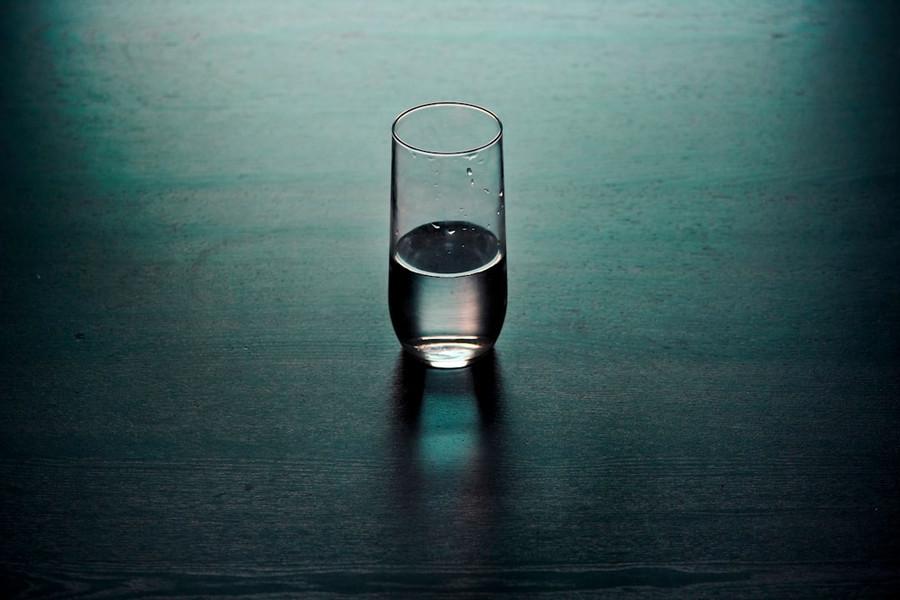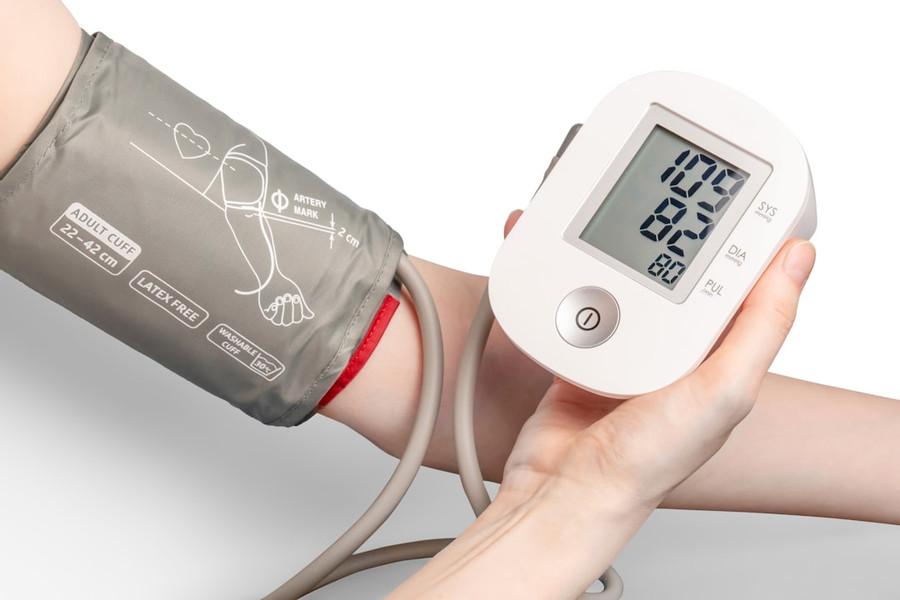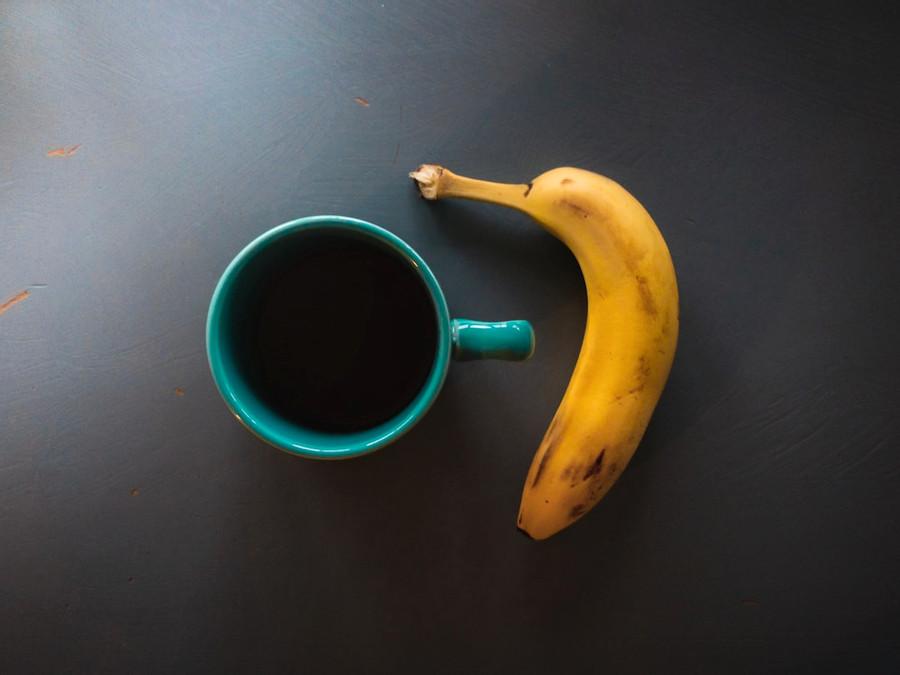Explore the World's Best Ideas
Join today and uncover 100+ curated journeys from 50+ topics. Unlock access to our mobile app with extensive features.
Brain-Gut Connection & Its Role In Taste
- Neurons activated in the gut are activated when sugar, fatty acids, and amino acids are present
- Nerve cells in the gut are collecting information about what’s there and send that information up to the brain
- Neuropod cells sense nutrients, particularly sugar, which activates areas of the brain that cause you to seek out more of that food
- The selective preference for seeking out sweet foods occurs even if you can’t taste the food and it is injected straight into the gut
- The gut can detect the difference between sweet things that contain calories and things that do not (artificial sweeteners)
108
1.18K reads
General Functions Of Salt
- Fluid balance: salt regulates how much fluid you desire and how much you excrete
- Salt appetite: you crave salty things when salt stores are low and avoid salt when stores are high
- Nutrient appetite: salt regulates appetite for sugar, carbohydrates, and other nutrients
- Scientifically, table salt and sodium are not the same things – one gram of table salt contains 388 mg of sodium
109
1.05K reads
Functions Of Salt In The Brain
The blood-brain barrier prevents substances from entering the brain unless those substances are very small or required for brain function – but there are special areas (organum vasculosum of the lamina terminalis; OVLT) that monitor salt and osmolarity sense contents of blood and salt levels
OVLT detects changes to salt levels in bloodstream and sends signaling cascades accordingly – thirst, regulation of blood pressure, kidney function, secretion of salt
109
962 reads
Types of thirst
- Osmotic thirst (concentration of salt in the bloodstream);
- Hypovolemic thirst (thirst related to drop in blood pressure)
The cascades are set off for concentrations of both high and low sodium in the blood.
- Osmotic and hypovolemic thirst are not just about seeking water – they’re also about seeking salt which can help retain water
- Sodium engages the action potential, which is the firing of electrical signals by neurons
- If you ingest too much water (this requires A LOT of water), you will actually kill yourself because you’ll disrupt the body’s ability to communicate, brain, and neurons
107
869 reads
Kidneys: It’s a complicated, highly contextual balance between hormones, salt, and fluid
- The kidneys are responsible for retaining and releasing substances in the body such as glucose, amino acids, urea, uric acids, salt, potassium, etc.
- Very general mechanism: blood enters the kidney and responds to hormonal signals to make mechanical or chemical changes to retain or release substances accordingly
- Your urine is filtered blood!
- Vasopressin: anti-diuretic which prevents urination by increasing permeability of distal tubes
- Water follows salt: the kidney holds on to water in the body when it needs salt
- When estrogen levels are high, there’s water retention
109
796 reads
Blood Pressure And Salt Intake
- Blood pressure is in part regulated by sodium intake and sodium balance
- An increase in sodium could help combat symptoms of low blood pressure
- Historically, we’ve been taught that a high salt diet may be consequential for brain function
- However, high salt diets are likely related to other unhealthy factors like processed foods, poor balance of carbohydrate and fat, etc.
- A high salt diet can have detrimental health consequences – but – a very low salt diet can also have deleterious health events
107
727 reads
Mental & Physical Aspects Of Cravings For Sodium
- There’s a direct relationship between the stress system (glucocorticoid system) and the salt craving system
- Bringing sodium in the body counteracts or resists stressors in our lives
- If sodium is too low, our ability to combat stressors is impaired
- If you’re feeling anxious, slightly increasing sodium intake can stabilize blood pressure and ability to lean into stressors and challenges
- Additional sodium intake is naturally stimulated by stress
115
742 reads
Other Related Minerals: Potassium
Sodium and potassium work closely together in the body. Recommended ratios of sodium to potassium vary widely
- Diet is an important contextual element to your ideal sodium-potassium ratio
- Low carb dieters excrete more water so lose sodium and potassium at a higher rate and may need to adjust dietary intake accordingly
- If you are time-restricted eating or fasting you may want to consider increasing electrolytes if you ingest caffeine since caffeine is a diuretic
- Rule of thumb: for every ounce of caffeine, drink 1.5x as much water with a touch of sodium
114
667 reads
Other Related Minerals: Magnesium
- There’s some evidence that supplementing with magnesium malate can reduce muscle soreness
- Mangesium threonate may promote transition into sleep and cognitive function
- Magnesium bisglycinate is an alternative for magnesium threonate as far as the transition to sleep, but no studies have been done on cognitive function
- Magnesium citrate is an effective laxative
118
725 reads
IDEAS CURATED BY
Friend of animals everywhere. Hardcore internet enthusiast and avid reader. My favorite topic is how to live a healthy life
CURATOR'S NOTE
Conscious and unconscious salt intake and sensing modulate cravings for sugar, water, and other things have a direct relationship between the stress system (glucocorticoid system) and the salt craving system if you’re feeling anxious or stressed.
“
Cora H.'s ideas are part of this journey:
Learn more about food with this collection
How to choose the right music for different tasks
The benefits of listening to music while working
How music affects productivity
Related collections
Similar ideas
Read & Learn
20x Faster
without
deepstash
with
deepstash
with
deepstash
Personalized microlearning
—
100+ Learning Journeys
—
Access to 200,000+ ideas
—
Access to the mobile app
—
Unlimited idea saving
—
—
Unlimited history
—
—
Unlimited listening to ideas
—
—
Downloading & offline access
—
—
Supercharge your mind with one idea per day
Enter your email and spend 1 minute every day to learn something new.
I agree to receive email updates






